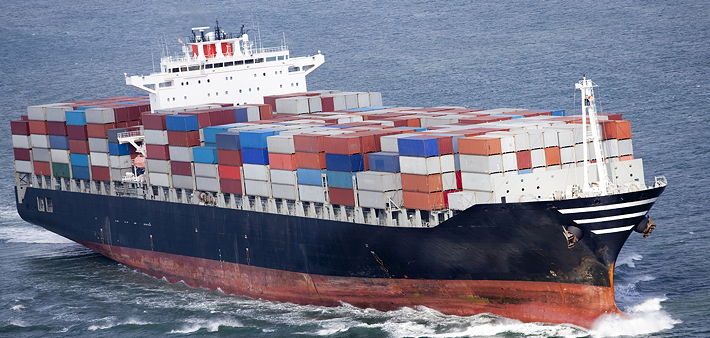Sixty countries, including the US, Canada and some EU nations, are at risk of importing meat from the companies at the centre of the Brazilian meat scandal, new data shows.
The scandal, coming just a few years after horsemeat scandal, has again highlighted the need for greater transparency in the supply chain, according to an environmental campaign organisation that compiled the data.
This is highlighted by the fact that 12 countries that did not even import meat from the affected companies imposed bans on meat from Brazil.
The Brazilian meat scandal, known as ‘Carne Fraca’, erupted in March when an investigation uncovered tainted meat, bribery and other malpractice in the multi-billion dollar meat industry. Some of the biggest meat exporting companies in the world were accused of various unhygienic practices, including use of illegal acid and carcinogenic chemicals to treat products.
Brazilian police announced they were investigating 21 beef, pork, and chicken processing plants out of thousands. The investigation resulted in numerous arrests, the suspension of meat inspectors and plant closures and prompted trade restrictions around the world.
Some countries, including China, imposed total bans on Brazilian meat imports, with many more, including the EU, imposing partial bans on meat from the affected companies.
Until now there has been little or no information made available about how many or which countries could have imported products tainted with masking agents or repackaged after passing its sell-by date.
Three firms under investigation for tainted meat exported chicken, pork, or beef – Seara Alimentos, BRF, and Central de Carnes Paranaense.
Using official customs data and business registries from the Brazilian government, a campaign body called Trase (Transparency for Sustainable Economies), in collaboration with Brazilian organization Imaflora, determined that meat supplied by these three firms was shipped to 60 countries in 2016.
Trase researchers used Brazilian customs data to show that these companies shipped over $152.6 million worth of meat in 2016 to Japan, the Kingdom of Saudi Arabia and China alone, and smaller amounts to countries such as the USA, Canada, Germany, the Netherlands, Switzerland, and Singapore. The overall annual value of these companies’ meat exports in 2016 was just under $250m.
The Trase initiative investigation suggested that 12 countries banned meat entirely from Brazil, or from specific facilities, although they did not receive any meat in 2016 from the three companies caught tainting meat. Those countries included Egypt, South Korea, Vietnam, and Panama.
The scandal has led to calls from UK farming organisations for the Government to ensure any new trade deals forged post-Brexit do not pave the way for cheaper lower standard imports from countries like Brazil.
Trase was launched in November 2016, led by the Stockholm Environment Institute (SEI) and the Oxford-based Global Canopy Programme (GCP) to raise awareness of the environmental and social impacts linked to supply chains. One of its central aims is to help producer countries, importing countries and the private sector meet their deforestation commitments by enabling them to check if products from illegally deforested land are being processed and exported.
Dr Sarah Lake, head of GCP’s supply chains programme, said: “The Brazilian scandal has demonstrated the need for increased transparency in the global food supply chain, so governments and consumers can take action only against companies involved in illegal activities.
“Thanks to previous, well-established trading patterns, it is possible to identify where tainted meat may have gone.”
Marina Piatto, manager of the Climate and Agriculture Supply Chain Initiative at Imaflora, said: “Of course, consumers and officials in consumer countries will be concerned, but blanket bans are not necessarily the appropriate response in such a situation. Responses to the sort of misconduct exposed in Brazil should be robust, but should also be based on reliable information.”




